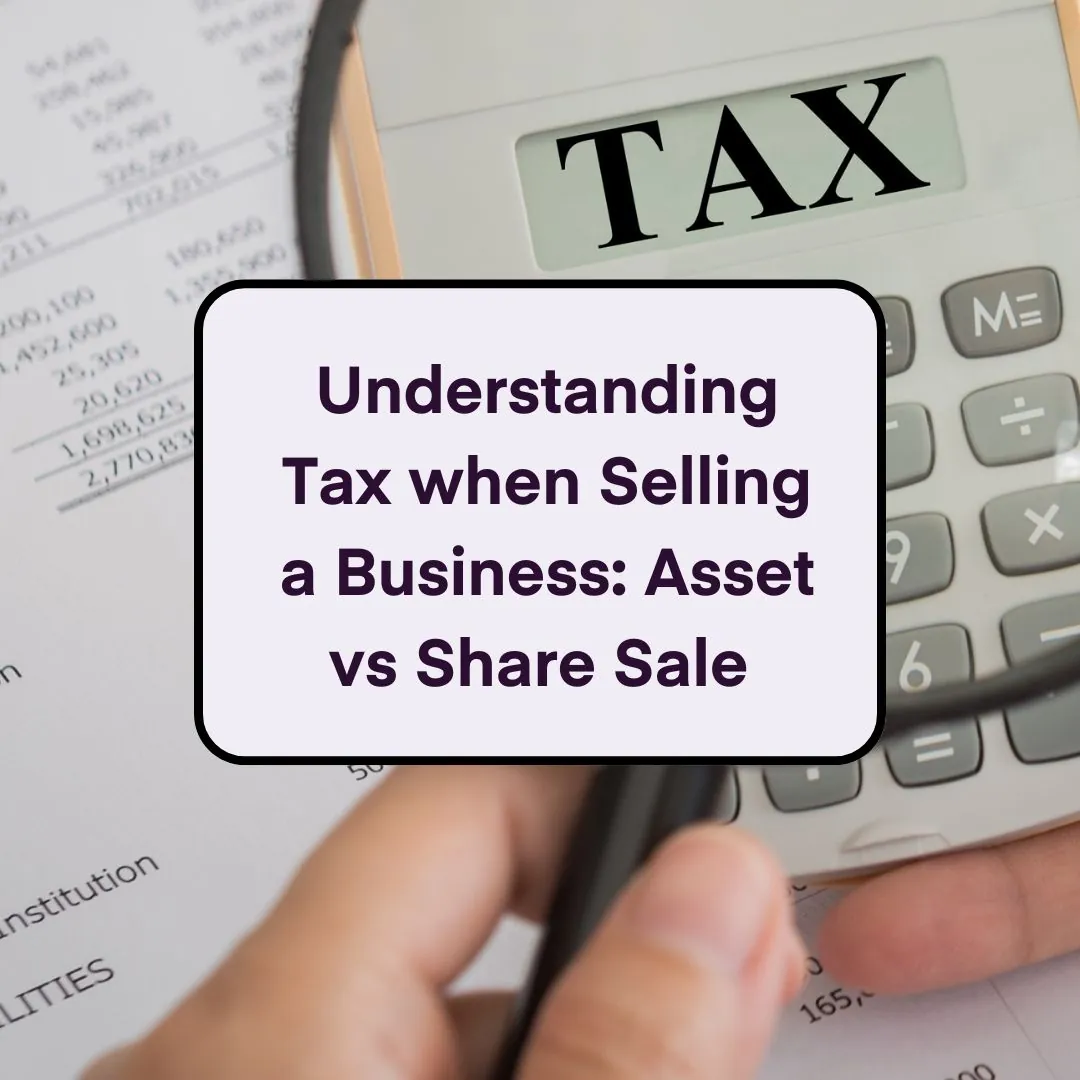
How should a small business handle a bad debtor?
1 Oct 2016Collecting bad debts from bad debtors
Bad debtors are make or break for SMEs. Ensuring invoices are paid, and paid on time, is a critical issue for most small business owners, since unpaid bills (or even late payments) can seriously undermine a company’s cash flow.
When a payment is late it’s often because the customer or client has overlooked the invoice or is waiting for their own debtors to pay up, rather than because they plan to renege on their debt entirely. As such, it’s important to invoice on time, and then remind the customer, calmly but persistently, if the invoice is past due.
The small business owner can call the client’s accounts payable department (if they have one, of course) to chase the payment, but it’s also a good idea to submit requests for payment in writing, particularly if payment is very late.
Consider charging interest on debts
If the client still fails to pay then the small business owner is entitled to begin charging statutory interest on the amount owed, at an interest rate of 8% above the Bank of England’s base rate.
The possibility of accruing interest on an outstanding debt, particularly at the prohibitive rate of 8 per cent, is often enough to ensure a client settles the invoice, but if payment is still not forthcoming then more drastic measures may need to be taken.
Small claims court debt claims
The small business owner could decide to pursue the debt in the small claims court if the client refuses to pay or avoids communicating with the creditor. It goes without saying that pursuing a client through the small claims court runs the risk of damaging the business relationship, but if a client is refusing to pay then the relationship may not be salvageable anyway.In theory, taking court action to recover an unpaid business debt should be relatively straightforward (the application can be made online, and usually only takes around 30 minutes to complete), but there are a number of requirements that must be met before a small business owner can pursue a debtor through the small claims court:
- The debtor must have been formally notified, in writing, of the outstanding debt, and given a reasonable amount of time to pay (such as a month after the agreed payment date on the invoice)
- The debt must be for a sum of no more than £10,000.
Write the debt off - what's the tax position?
In some cases the small business owner may decide that the debt is too small and inconsequential, or the debtor too difficult to chase (for example, if the client has gone out of business), to pursue through the small claims court.In those cases the small business owner may decide to ‘write off’ the debt, meaning the debt will no longer be pursued and will instead be accounted for as a loss on the profit and loss account, lowering the company’s profit and reducing its tax liability.
In order to write off a debt:- The company must have made sufficient effort to recover the money owed, and must be able to provide proof of its efforts
- The company’s accountant should make a bad debt provision for that specific debt
- The debt should be recorded as an expense in the profit and loss account
- The company’s profit, and therefore its Corporation Tax liability, for that tax period will be reduced accordingly.
Relationships matter
Many small businesses will encounter a bad debtor at some stage, or at the very least a client that is consistently late. While we’ve looked at a number of options that could help small business owners handle outstanding debts, the best advice is always to be proactive when it comes to managing business relationships and managing cash flow. Agree payment terms in advance, invoice customers on time, chase late payments as early as possible (politely but persistently), and only resort to more drastic measures if absolutely necessary.
We’re here for small businesses
Whether or not your small business ever has the misfortune of dealing with a bad debtor, it pays to have a trusted adviser by your side as you startup and scale up. At Accounts and Legal we have a team of London accountants dedicated to providing fixed-price tax, accounting and business planning services that are specifically geared towards supporting the growth and commercial success of Britain’s small businesses.
If you have problems with debtors or would like to improve your debtor management oversight or reports, get in touch with us to discuss your requirements, or get an online quote for your accounts generally now using our instant accounting quote tool.

























